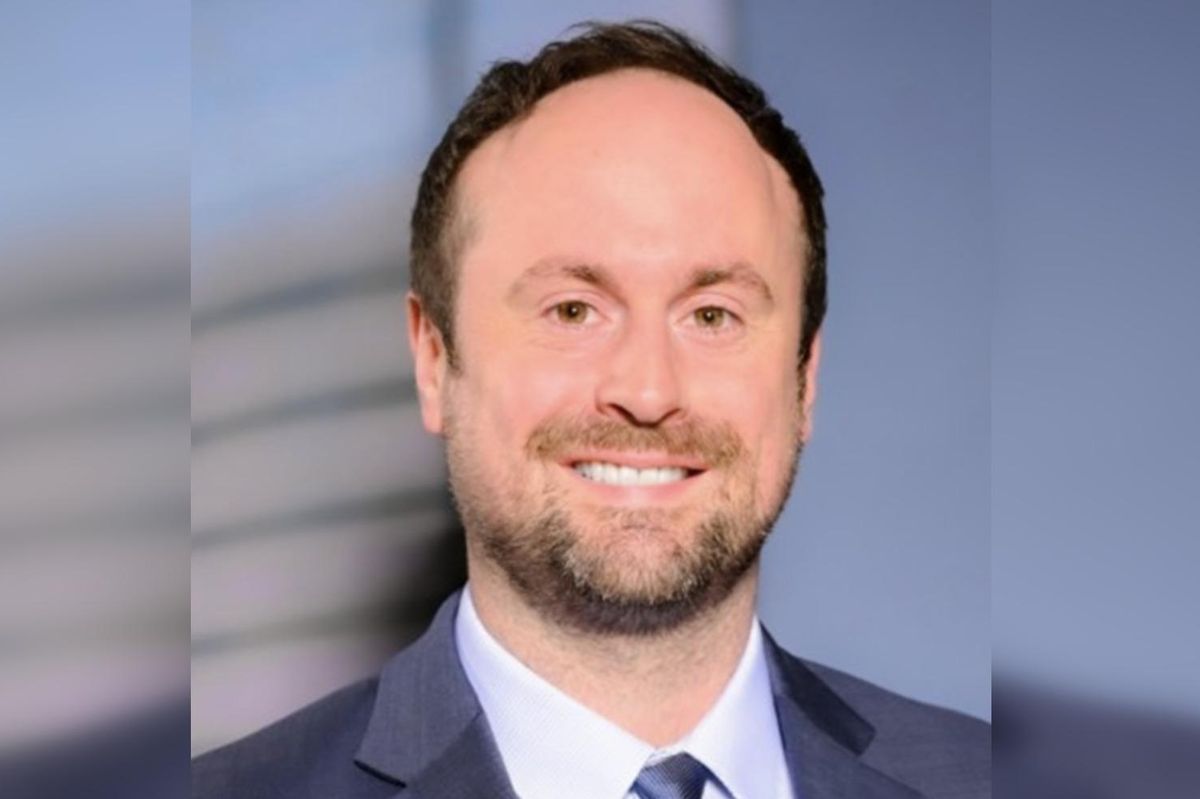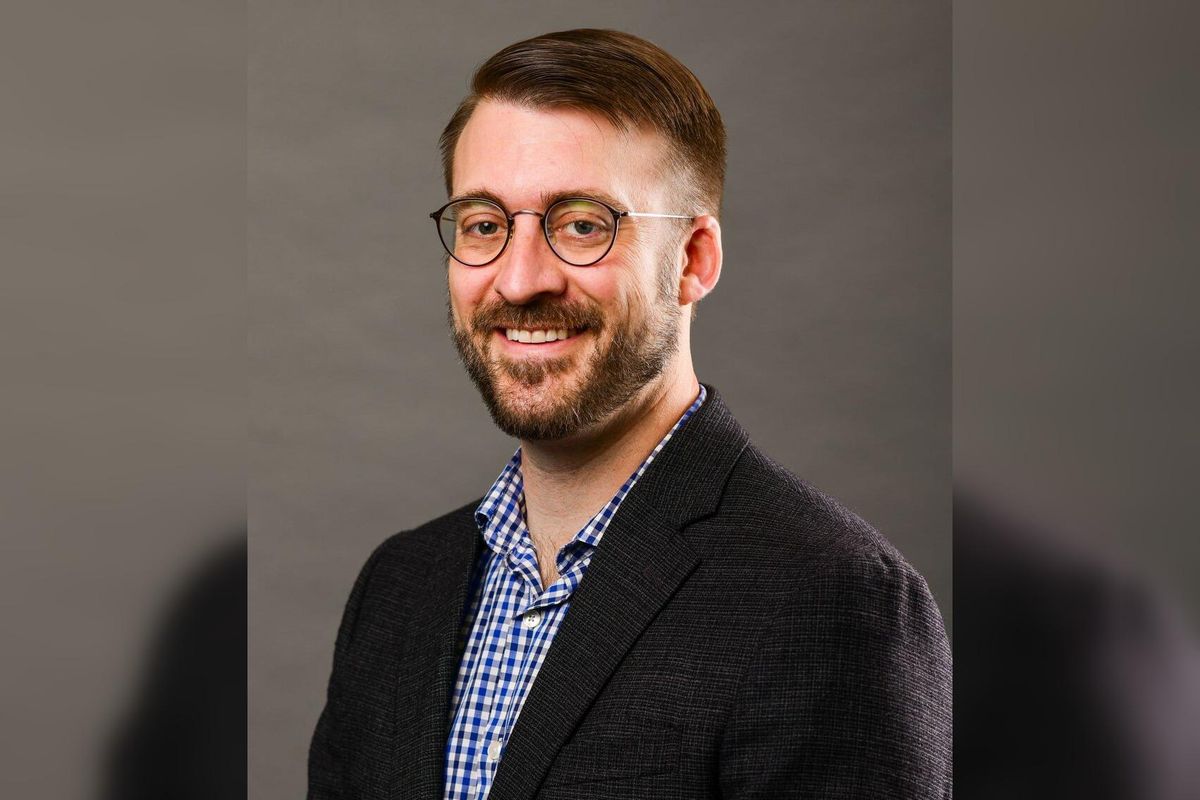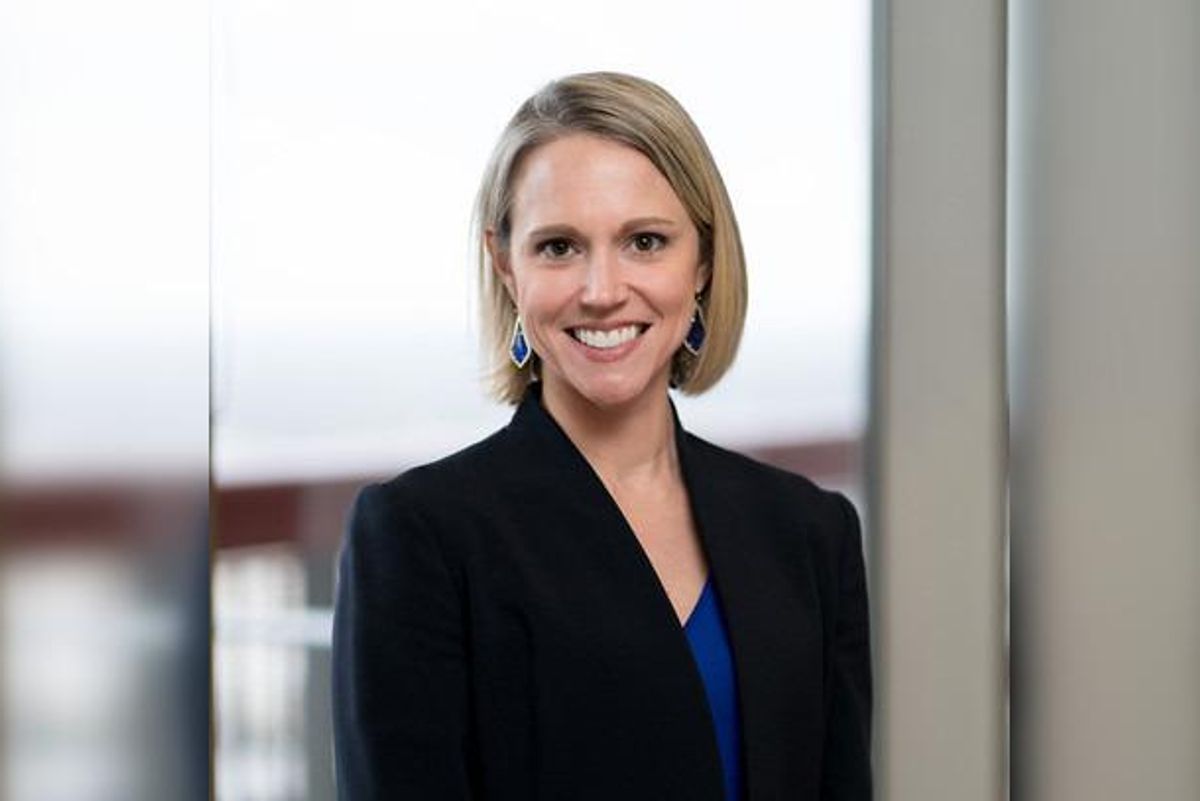Editor's note: Every week, I introduce you to a handful of Houston innovators to know recently making headlines with news of innovative technology, investment activity, and more. This week's batch includes three innovators across seed investing, energy tech, and health care.
Samina Farid, head of the Houston Chapter of Golden Seeds

Samina Farid of Golden Seeds joins the Houston Innovators Podcast to discuss opportunities in angel investing. Photo courtesy of Golden Seeds
After working in technology in her home country of Pakistan, Samina Farid, who was raised in the United States, found her way to Houston in the '70s where business was booming.
She was recruited to work at Houston Natural Gas — a company that would later merge and create Enron — where she rose through the ranks and oversaw systems development for the company before taking on a role running the pipelines.
"When you're in technology, you're always looking for inefficiencies, and you always see areas where you can improve," Farid says on the Houston Innovators Podcast, explaining that she moved on from Enron in the mid-'80s, which was an exciting time for the industry.
"We had these silos of data across the industry, and I felt like we needed to be communicating better, having a good source of data, and making sure we weren't continuing to have the problems we were having," she says. "That was really the seed that got me started in the idea of building a company." Read more.
Stuart Corr, executive director of Pumps & Pipes

For the eighteenth year in a row, the annual Pumps & Pipes event will showcase and explore convergence innovation and common technology themes across Houston’s three major industries. Image courtesy of Pumps & Pipes
Every year, Houston's legacy industries — energy, medicine, and aerospace — come together to share innovative ideas and collaborate on future opportunities. The annual Pumps & Pipes event will showcase and explore convergence innovation and common technology themes across Houston’s three major industries.
"With NASA in its backyard, the world’s largest medical center, and a reputation as the 'Energy Capital of the World,' Houston is uniquely positioned to lead in cross-industry convergence innovation and is reflected in the theme of this year’s event – Blueprint Houston: Converge and Innovate," Stuart Corr, executive director of Pumps & Pipes, writes in a guest column about the event. Read more.
Saniya Mansuri, health care consultant for BioPath @ TMC

The goal of the Texas Medical Center's BioPath program is to attract young people considering going into the trades to learn the skills to become biomanufacturing professionals. Photo via TMC
Houston is currently in need of biomanufacturing professionals to keep up with the ever-growing industry. That's what Saniya Mansuri, health care consultant for BioPath @ TMC, says.
“Houston has lost out on a big biopharmaceutical company. And when there was a feasibility study that was done, it was identified that one of the reasons that Houston wasn't chosen was the lack of a workforce and a lack of workforce development programs,” she explains.
Mansuri and the TMC Innovation team are doing just that with the introduction of the new program. She moved from Toronto in 2023. When she applied for a role at TMC Innovation, she was handpicked to help shepherd the BioPath program, thanks to her background that included starting a nonprofit for underserved youth in Canada. Read more.






 Image courtesy of Houston Methodist
Image courtesy of Houston Methodist Image courtesy of Houston Methodist
Image courtesy of Houston Methodist
 Apple doubles down on Houston with new production facility, training centerPhoto courtesy Apple.
Apple doubles down on Houston with new production facility, training centerPhoto courtesy Apple.





